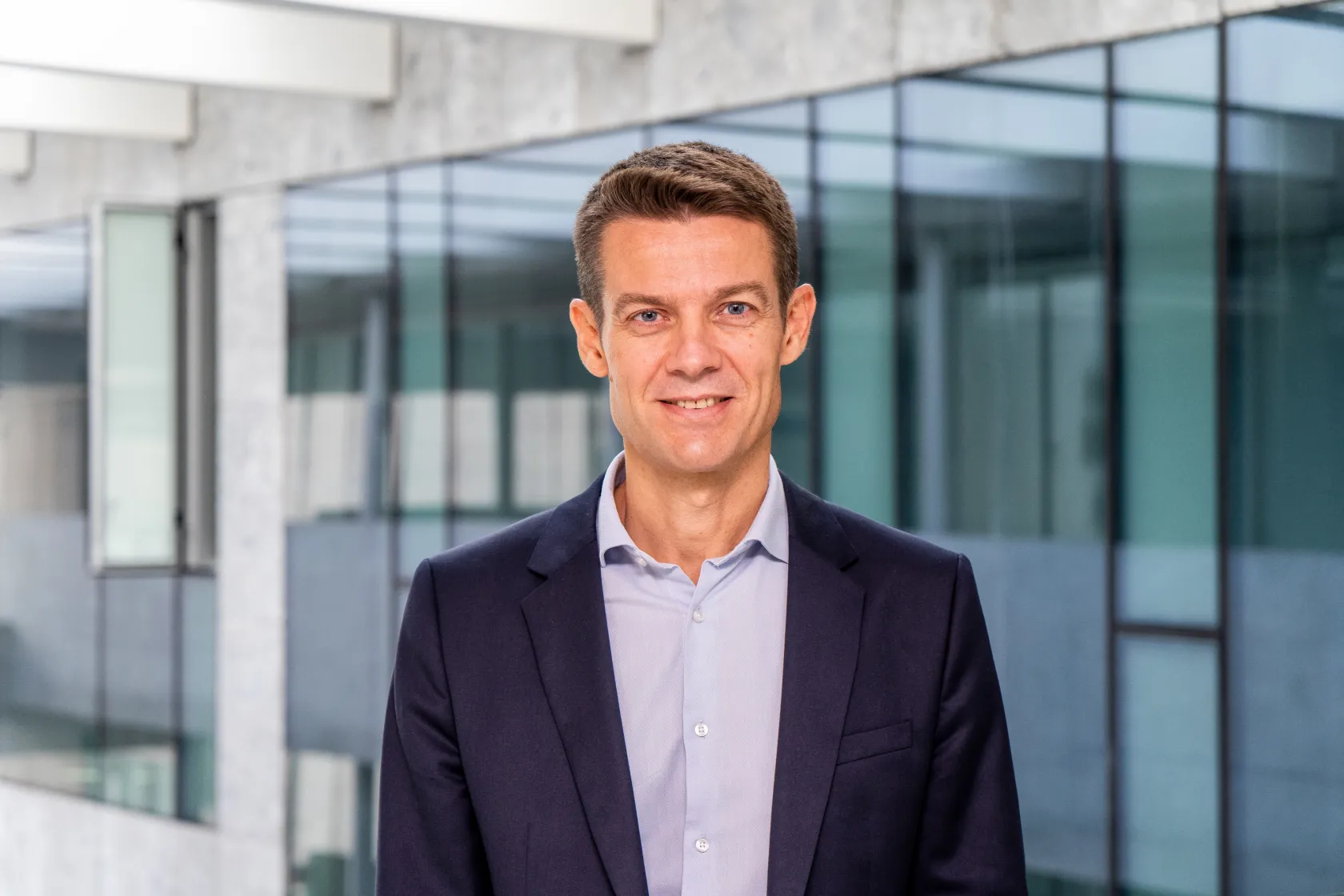
New Discoveries Begin with a PhD
Someone calls it the "calling card" of the University. But it is not a foregone conclusion, because the Bocconi school for doctoral candidates does not catch the eyes of companies and businesses, nor does it simply fulfill the need to train teachers for the professorships on the campus in Milan. Instead it aims to attract the best aspiring researchers to then return them to the most qualified universities in the world. Chairing this task is Andrea Fosfuri, Dean of the PhD School and the first witness to the commitment of resources and sensitivity that is necessary to train a researcher today. "I am not a classic example of a student with the vocation of the researcher", the teacher admits. "Indeed, after graduating in Economics and Commerce in Urbino, I had the intention of doing an internship in a company, but then I met a professor, Alfonso Gambardella, from Bocconi, who saw in me the skills for an academic career and pointed me in that direction. In short, if I think back to my story, I see the result of a set of learning opportunities, personal encounters and research choices, but to which the variable of luck also contributed. Today we can no longer allow ourselves to proceed like this, so we try to make all these elements a constant guarantee for those who complete the PhD path. We make the best professors available to them, entrust them to an advisor who directs them towards the most relevant fields of study and we insert them in an international professional network ".
What makes the PhD path different than, for example, a Master program?
A researcher is forever, I would like to say. You never stop being one, it's not a career, it's a life choice. It is no coincidence, in fact, that research activities create relationships that last for decades. If they hadn't offered me, for example, the role of Dean of the school, this year I would have taken a sabbatical to reach three colleagues in different countries of the world and complete the research I have in progress with them. On the other hand, they say "publish or perish" ...
Going back to your story, how did your vocation for research mature?
As said, I was directed to PhD in Barcelona but after a month and a half I was dejected. I remember calling home and telling my dad I wanted to go back, I felt like the worst student and my gaps in math seemed unsurpassable to me. Then, slowly, the first results arrived but above all I met Professor Massimo Motta who fascinated me with the topic of technology transfer in multinational companies and involved me in some ongoing research. I felt then, for the first time, the pleasure of making a personal contribution to universal knowledge. Then when I was able to present the results at the first conference and I began to be recognized as an expert in a specific field of research, I realized that I had really found my way.
Does it often happen today that you are the one who encourages students who are perhaps doubtful? What do you tell them?
Yes, in my role as Dean it has happened to me a few times to find myself having to comfort students in difficulty, even if in general today the kids arrive better prepared and more informed to choose their PhD - less surprised by the difficulties of the path. The doubt that students often have in common is the area towards which to direct their research with greatest profit. This is why in my year as director I worked hard to stimulate greater "commitment" among teachers in interpreting the role of the advisor. They are the ones who have to counsel and channel the research of the doctoral student towards the most innovative, most appealing areas, and towards the most effective media for their scientific communication. It is essential to be able to see and touch the results of your work as soon as possible. The course of the doctorate is very long, four or five years can pass from the first lessons to the first results of the research activity and this puts a strain on motivation. For this reason, those who are more able to sustain the commitment without chasing immediate feedback, perhaps even enduring the initially unfavorable comparison with peers and friends who complete an MBA and immediately enter the business world, succeed better.
Often, in university departments, young doctoral students also carry out teaching support activities, conduct seminars, exams, assistance to undergraduates ...
The international currency of exchange for researchers is the quality of their research, and this must remain the priority. Here at Bocconi, therefore, PhD students are not required in any way to carry out teaching activities. It is natural, however, that, once integrated into the realities of the department, they are involved in these roles, for which they are paid separately for other reasons, and from the third year it is also advisable that they acquire a little experience in teaching because theat is often required by the universities that hire them.
What is the current situation of the international job market for young teachers?
Being chosen to teach at a prestigious university is very difficult, the market for researchers has become really selective. Some of our graduates have reached positions of excellence, in universities such as Insead, Harvard, London Business School, HEC Paris, National University of Singapore, but we too must work to give more consistency to these results - and the times are not favorable. Covid-19 has also had an important impact on university budgets by reducing the number of places available. Several business schools, especially in the US, have already made it known, for example, that they will not hire any new professors this year.
Read More:
That PhD that changes your life - 10 stories